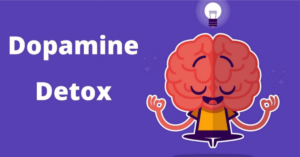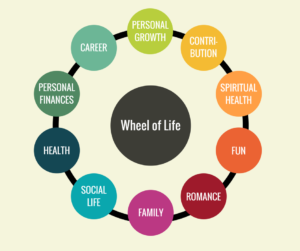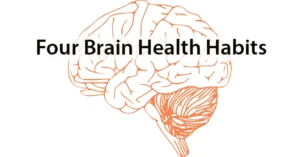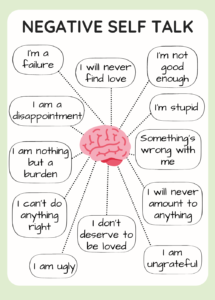The human body operates on a finely tuned internal clock...
The Gut-Brain Axis: How your Gut Secretly Controls Brain Health
The intricate interplay between the gut and the brain has long fascinated scientists and clinicians alike. Recent advancements in neuroscience and gastroenterology have unveiled the profound influence of the gut microbiota, hormonal signaling and neural pathways on brain health and cognitive function. Delving into the physiological, hormonal and scientific dimensions of the gut-brain axis offers a compelling journey into understanding the hidden connections that shape our mental well-being.
The Gut Microbiota: Guardians of Brain Health
The gut microbiota, comprising trillions of microorganisms residing in the gastrointestinal tract, wield a remarkable influence over brain function and behavior. Through the production of neurotransmitters, such as serotonin, gamma-aminobutyric acid (GABA) and dopamine, gut microbes modulate mood, cognition and stress responses.
Dysbiosis, characterized by alteration in gut microbial composition, has been implicated in neuropsychiatric disorders, including depression, anxiety, and autism spectrum disorders, underscoring the pivotal role of the gut microbiota in brain health.
Hormonal Signaling: Bridging Gut and Brain
Hormonal signaling pathways serve as key conduits for communication between the gut and the brain, orchestrating a symphony of physiological responses that influences mood, appetite, and energy metabolism. The gut-derived hormone ghrelin, often referred to as the “hunger hormone,” not only regulates appetite but also exerts neuroprotective effects in the brain, promoting neurogenesis and cognitive function. Conversely, dysregulation of gut hormone signaling, such as elevated levels of cortisol in response to chronic stress, can precipitate neuroinflammation and neuronal damage, contributing to mood disorders and cognitive decline.
Neural Pathways: A Highway of Communication
Bidirectional neural pathways connect the gut and the brain, allowing for rapid transmission of signals that influence gastrointestinal function, satiety, emotional states. The vagus nerve, a major component of the parasympathetic nervous system, serves as a primary conduit for gut-brain communication, conveying sensory information from the gut to the brainstem and facilitating neuroimmune interactions.
Emerging research suggest that vagal nerve stimulation (VNS) holds promise for modulating mood and cognition in neuropsychiatric disorders, highlighting the therapeutic potential for targeting neural pathways in the gut-brain axis.
Scientific Approaches and Therapeutic Interventions:
Advancements in microbiome research, neuroimaging techniques, and psychopharmacology offer novel avenues for investigating and modulating the gut-brain axis in health and disease. Probiotics, prebiotics and dietary interventions aimed at promoting a health gut microbiota have shown promise in alleviating symptoms of mood disorders and enhancing cognitive function.
Furthermore, emerging pharmacological agents targeting gut hormone receptor and neural pathways offer potential therapeutic strategies for treating psychiatric conditions with gastrointestinal comorbidities.
Conclusion:
The gut-brain axis represents a dynamic interface between the gastrointestinal system and the central nervous system, exerting profound effects on brain health and mental well-being. By unraveling the intricate interplay of gut microbiota, hormonal signaling and neural pathways, we gain insights into hidden connections that shape our cognitive function and emotional resilience.
As we continue to explore the scientific frontiers of the gut-brain axis, the pursuit of holistic approaches to brain health remains paramount in fostering resilience against neuropsychiatric disorders and optimizing overall well-being.






